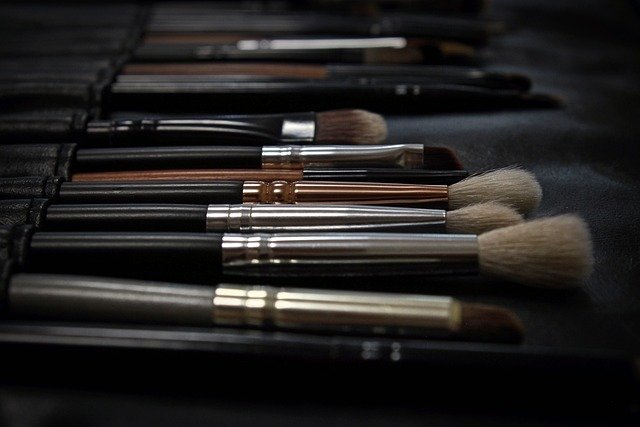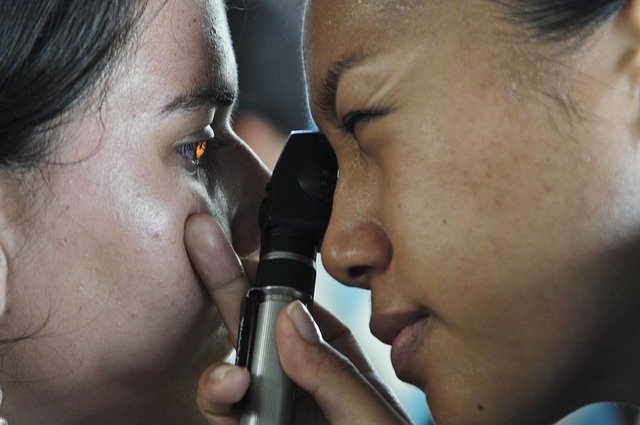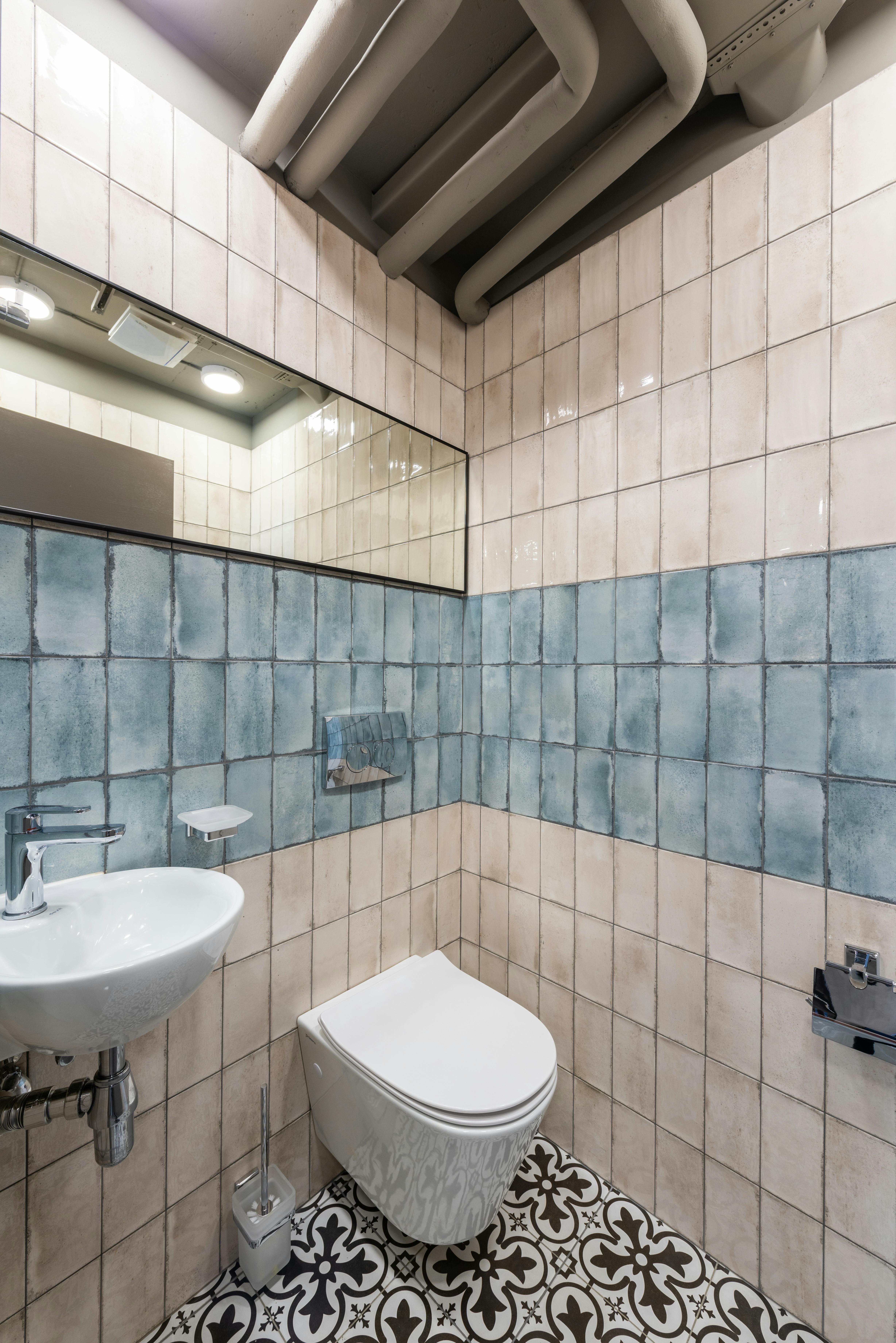Complete Guide to Fully Funded Makeup Courses
Fully funded makeup courses offer participants free training in beauty techniques, product application, and industry standards. These programs are sometimes sponsored by schools, organizations, or government initiatives to expand career access in cosmetology.

What Are Fully Funded Makeup Courses?
Fully funded makeup courses are educational programs where students receive complete or partial financial support to cover tuition fees, materials, and sometimes living expenses. These courses typically combine theoretical knowledge with hands-on practice, covering topics such as color theory, skin analysis, application techniques for different occasions, and professional hygiene standards. Funding sources include government grants, vocational rehabilitation programs, workforce development initiatives, and partnerships between educational institutions and beauty industry employers.
Students in these programs learn essential skills including bridal makeup, special effects, airbrush techniques, and photography makeup. Many courses also incorporate business training elements, teaching students how to build client bases, price services competitively, and manage their own makeup artistry businesses.
How to Find Fully Funded Makeup Courses
Locating fully funded makeup courses requires research across multiple channels and understanding various funding eligibility requirements. Start by contacting local workforce development agencies, as many states offer vocational training grants specifically for beauty industry careers. Community colleges frequently partner with government programs to offer subsidized or free cosmetology and makeup artistry training.
Professional makeup schools sometimes provide scholarships or work-study programs that effectively make courses fully funded. Research schools in your area and inquire about their financial aid options, including need-based grants and merit scholarships. Additionally, some beauty brands and professional makeup companies sponsor training programs as part of their talent development initiatives.
Veterans may qualify for specialized funding through the GI Bill or vocational rehabilitation programs, while individuals receiving unemployment benefits might access training funds through their state’s employment services department.
Benefits of Professional Makeup Courses Training
Professional makeup courses training extends far beyond basic application techniques, providing students with industry-standard skills and business acumen necessary for successful careers. Students learn advanced color matching, skin tone analysis, and how to work with diverse skin types and conditions. These programs often include training on professional-grade products and tools that individual consumers rarely access.
Networking opportunities represent another significant benefit, as students connect with instructors who are often working professionals, classmates who may become future collaborators, and industry representatives who visit during the program. Many courses also provide certification upon completion, which adds credibility when seeking employment or building a client base.
The structured learning environment ensures students develop proper hygiene practices, understand product safety, and learn time management skills essential for working with clients under deadline pressure.
Cost Analysis and Training Provider Comparison
Understanding the financial landscape of makeup artistry training helps students make informed decisions about their education investment. While fully funded options eliminate direct costs, comparing standard pricing provides valuable context.
| Training Provider | Course Duration | Standard Cost | Funding Options Available |
|---|---|---|---|
| Aveda Institute | 12-18 months | $15,000-$22,000 | Federal financial aid, scholarships |
| Paul Mitchell Schools | 9-15 months | $16,000-$25,000 | Title IV funding, grants |
| Empire Beauty School | 9-12 months | $13,000-$20,000 | Federal grants, payment plans |
| Local Community Colleges | 6-24 months | $3,000-$8,000 | State grants, workforce development funds |
| Online Certification Programs | 3-6 months | $500-$3,000 | Limited funding options |
Prices, rates, or cost estimates mentioned in this article are based on the latest available information but may change over time. Independent research is advised before making financial decisions.
Application Process and Requirements
The application process for fully funded makeup courses varies depending on the funding source and educational institution. Most programs require applicants to complete standard enrollment procedures including high school diploma or equivalent verification, basic skills assessments, and sometimes portfolio submissions demonstrating artistic interest or ability.
Government-funded programs often have additional requirements such as income verification, unemployment status confirmation, or demonstration of financial need. Some programs prioritize applicants from underrepresented communities or those facing employment barriers.
Preparation steps include gathering necessary documentation, researching program curricula to ensure alignment with career goals, and understanding post-graduation obligations. Some funded programs require graduates to work in specific geographic areas or maintain employment in the beauty industry for designated periods.
Career Opportunities After Completion
Graduates of makeup courses can pursue various career paths within the beauty and entertainment industries. Traditional options include salon employment, freelance makeup artistry for weddings and special events, and positions with cosmetics retailers providing customer consultations and demonstrations.
The entertainment industry offers opportunities in film, television, theater, and photography, often requiring specialized training in prosthetics, special effects, or high-definition makeup techniques. Fashion industry positions include working for designers during fashion weeks, editorial shoots, and runway shows.
Entrepreneurial graduates may establish their own studios, offer mobile makeup services, or develop product lines. Some pursue teaching opportunities at beauty schools or create online content sharing makeup techniques and product reviews.
Fully funded makeup courses provide an accessible pathway into a creative and potentially lucrative industry. By eliminating financial barriers, these programs enable students to focus on skill development and career preparation. Success in makeup artistry requires continuous learning and adaptation to industry trends, making the comprehensive foundation provided by professional training programs invaluable for long-term career growth.




